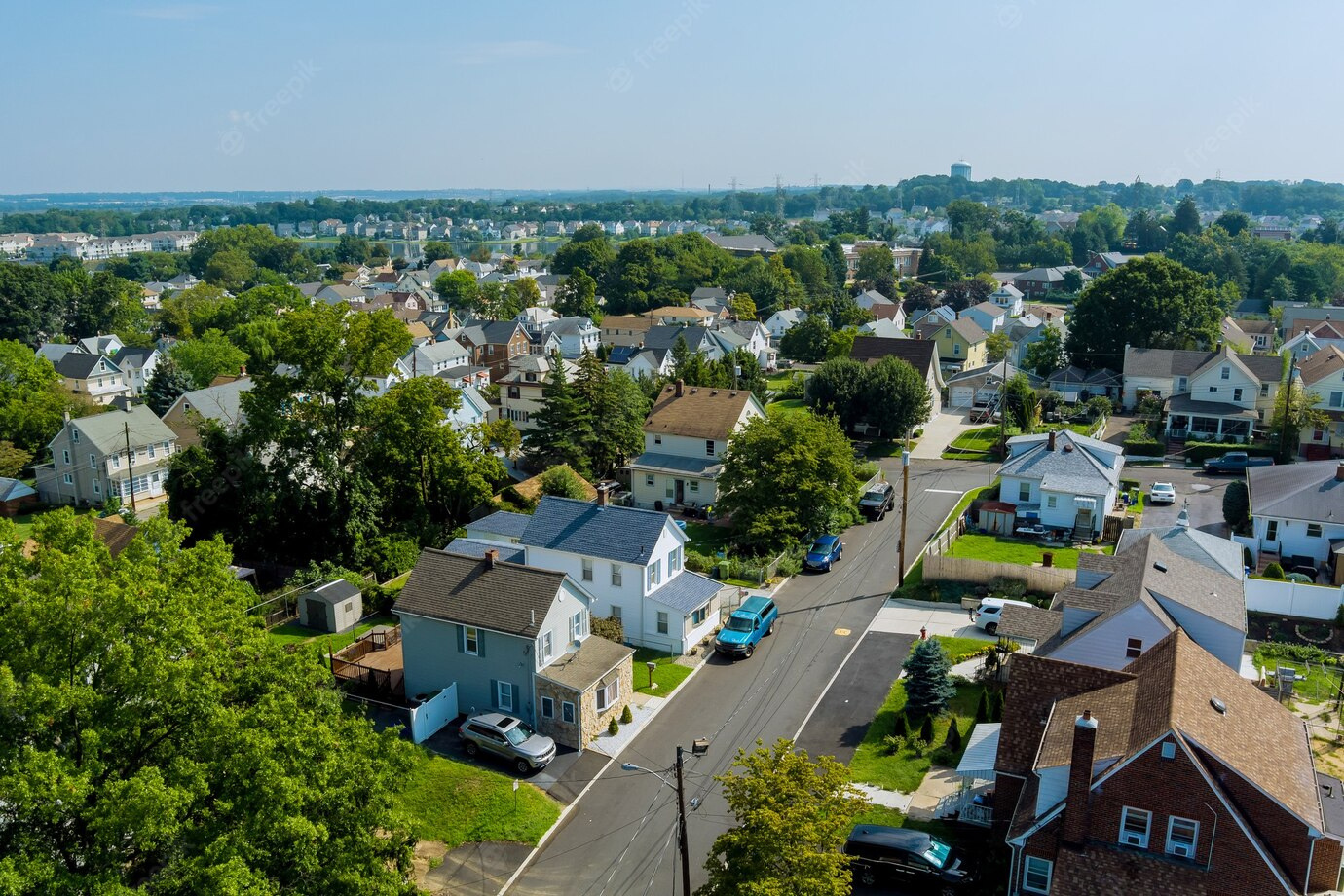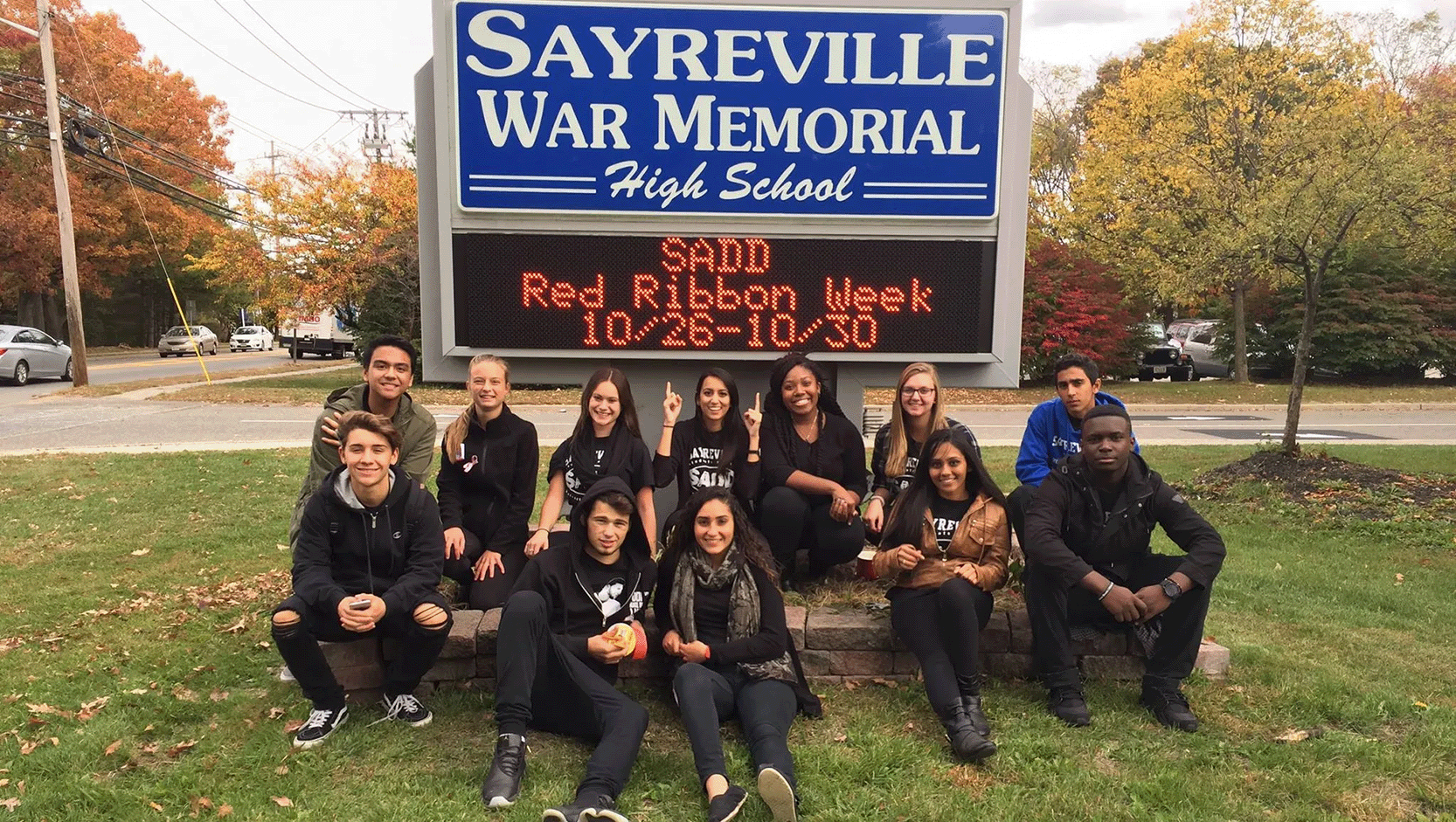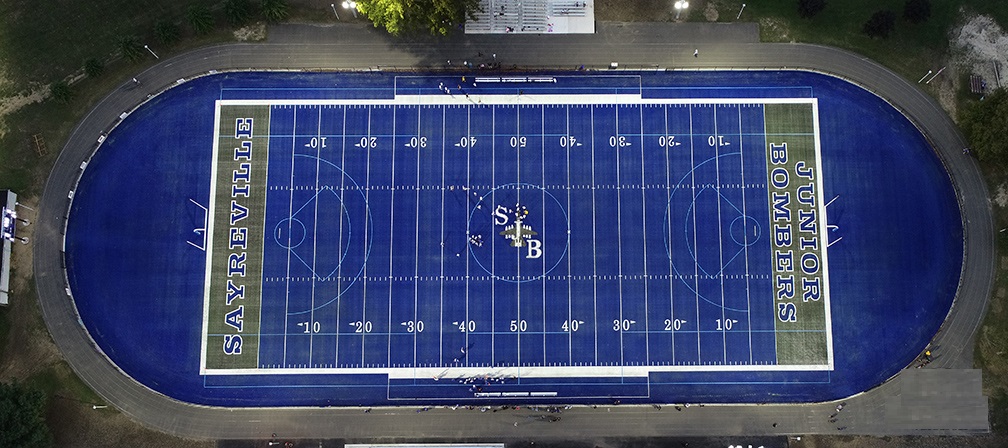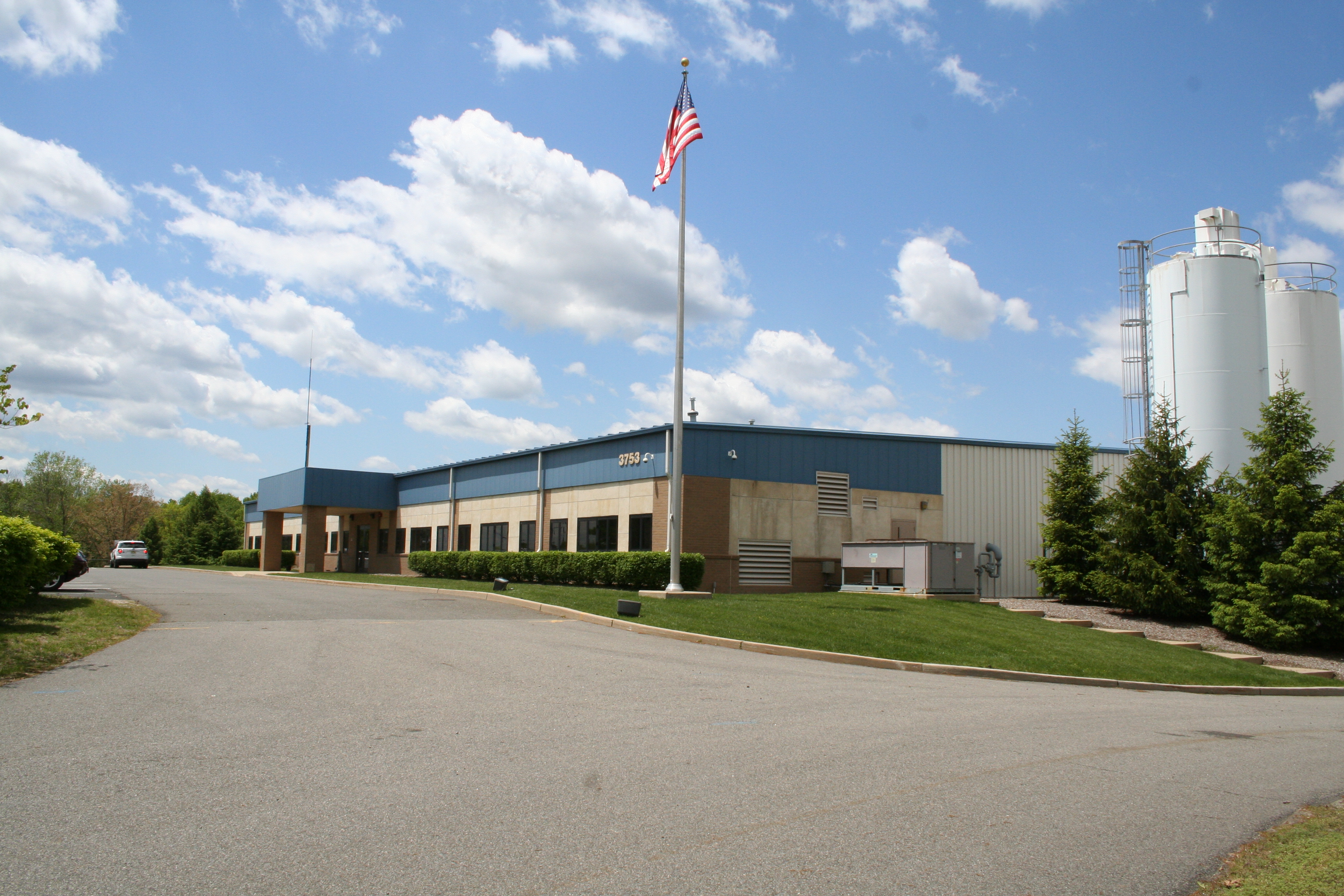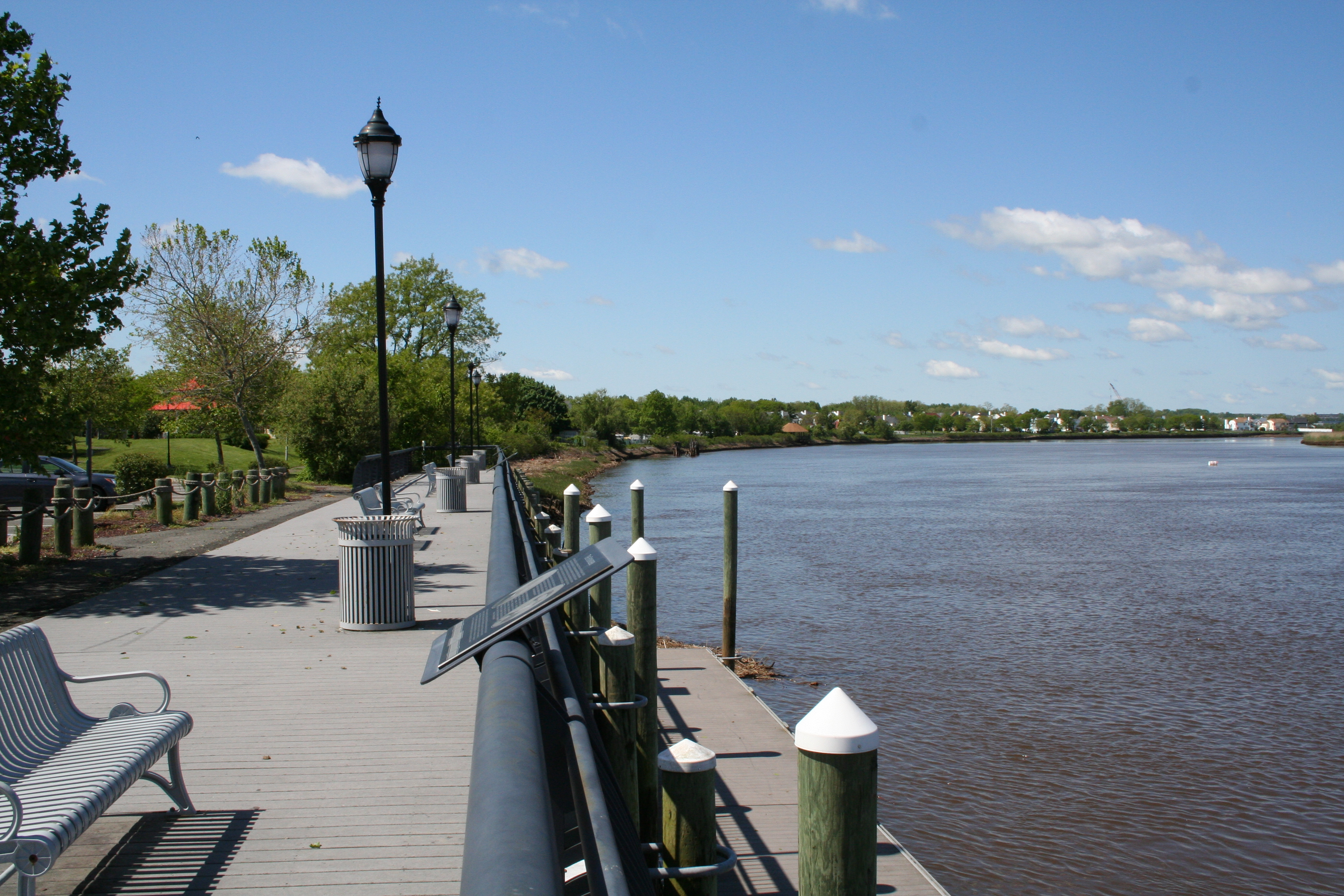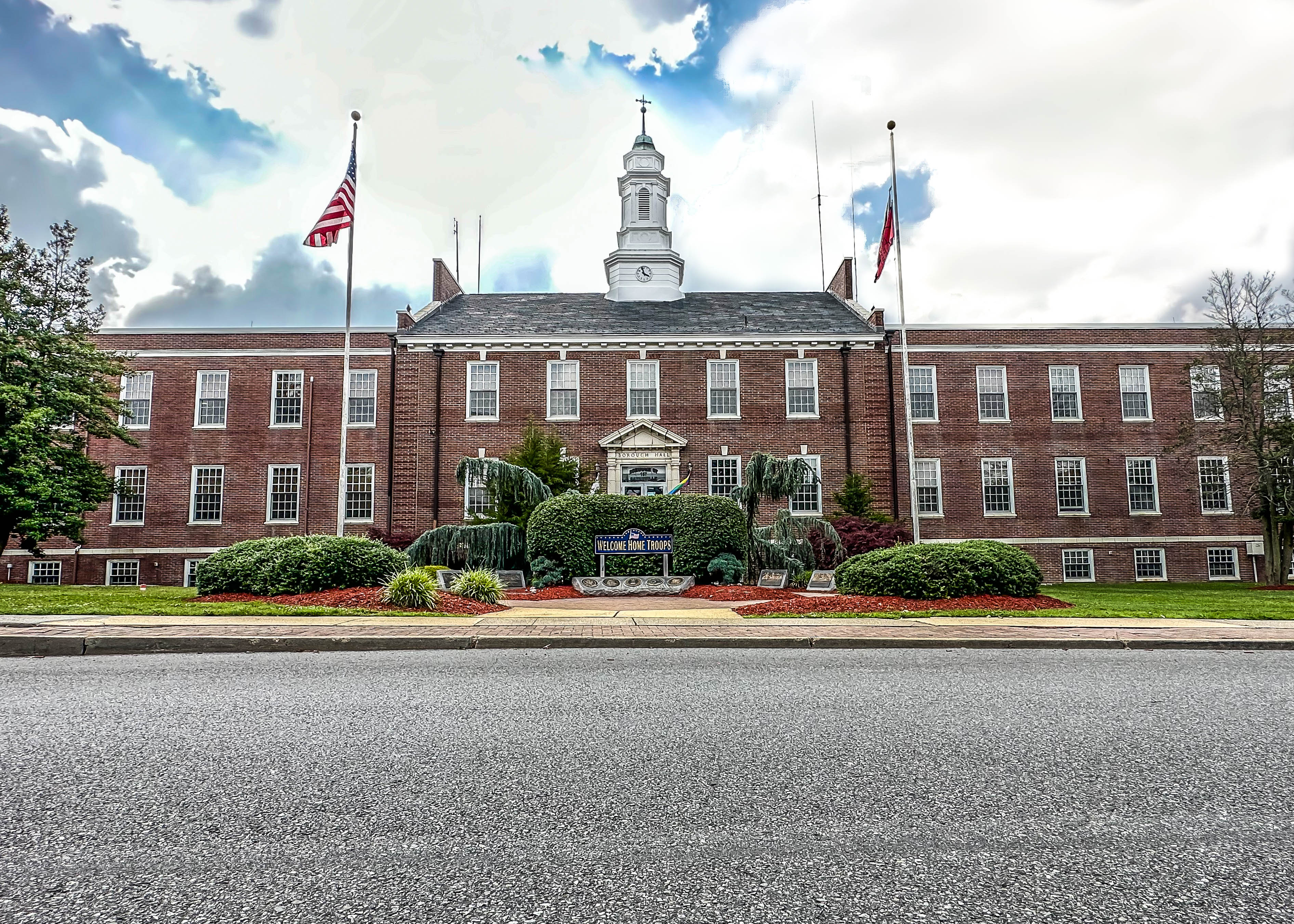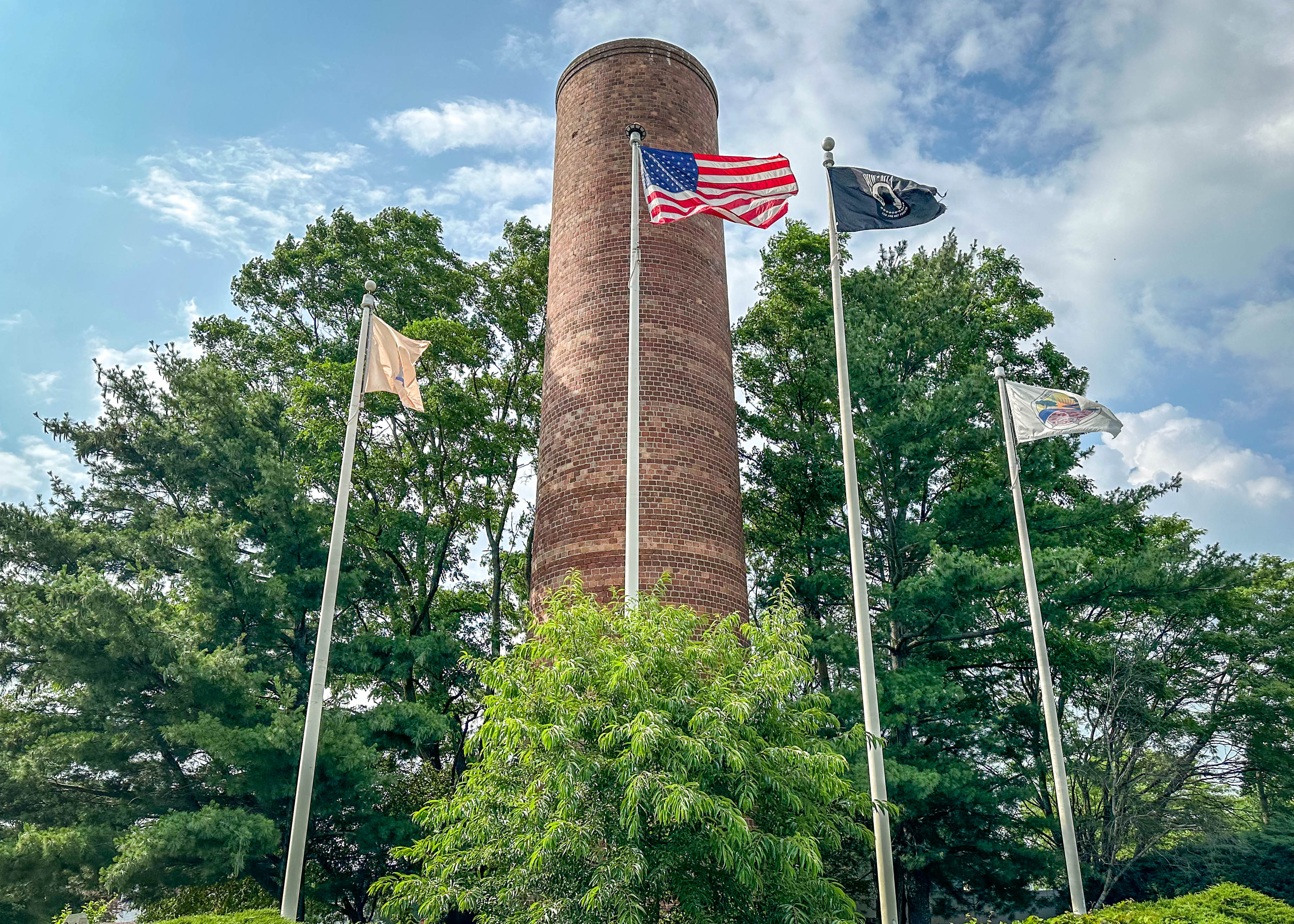FAQ's
Department: Construction Department

- Construction Department
-
- As a homeowner, can I perform my own work or do I have to hire a contractor?
In order for a homeowner to perform their own work, they must be currently residing in their single family dwelling. If someone is performing the work, they must be licensed with the State of New Jersey. A general contractor must have a New Jersey Home Improvement Contractor license to perform work on residential properties.
- When are inspections performed?
Inspections are typically performed Monday through Friday 9am to 3pm and need at least 24 hour notice to schedule. Please call 732-390-7077 with your permit number to set up an inspection.
- What are permits and why do I need one?
Permits are used to regulate construction. The process is designed to ensure that all construction within the Borough is safe. The safety of building occupants is the primary reason for construction codes. Construction codes in effect in New Jersey include the following:
- International Building Code 2021 New Jersey Edition
- Internation Residential Code 2021 New Jersey Edition
- National Standard Plumbing Code 2021
- National Electric Code 2020
- International Mechanical Code 2021
- International Fuel Gas Code 2021
- International Energy Conservation Code/2021 (Low-Rise Residential)
- ASHRAE 90.1-2019 (Commercial & All Other Residential)
- Ashrae 90.1 Code 2018/ Residential 2018
- NFPA 13 & 72 2016
There are several types of permits, depending on the type of construction- structural, plumbing, mechanical or combination. Most homeowner projects require a “combination permit.” In addition, permits are required for the demolition and relocation of buildings.
- How can I obtain a building permit?
-
Talk to Your Local Code Official
Your code official wants your project to be a success and will help you avoid potential problems that could cost you time and money. You will be asked some basic questions (What are you planning to do? Where?), advised of any requirements and, if necessary, referred to other departments for their approval. The code official will provide you with the resources and information needed for compliance with the applicable building codes. You will then receive an application for a building permit. -
Submit Application
At this stage you will document the "Who, What, When, Where and How" of the job, along with any sketches or plans of the proposed work. Normally, separate permits are required for electrical, plumbing, and heating or air-conditioning work. In a brief amount of time, the code official will review your plans and determine if your project is in compliance with local requirements. If your plans meet these requirements, a permit is issued. If not, the code official may suggest revisions to help correct the problem. -
Receive Permit
Now that you have been approved for a permit, you have legal permission to start construction. A fee, based on the size of the job, is collected to cover the cost of the application, the review and the inspection process. An experienced code official is available to you should you have any questions concerning your project. You should consider your code official as an ally who will help you make your project a success. -
Job-site Visits
On-site inspections will be required to make certain the work conforms to the permit, local codes and plans. Again, you will have access to the expertise of the code official to help you with questions or concerns regarding the project and to ward off potentially costly mistakes. The code official will let you know approximately how many inspections may be needed for your project. Usually, a one- or two-day notice is needed when requesting visits. -
Receive Final Approval
The code official will provide documentation when construction is complete and code compliance is determined. You will then have the personal satisfaction of a job done right. Enjoy your new surroundings with the peace of mind and the knowledge that they meet the safety standards in your community.
-
- What happens if I don’t get a permit?
If a permit is not obtained when needed prior to construction you have violated Borough and State regulations and are subject to fines and penalties. In addition, you will be required to obtain permits for the work and the work must pass inspection or be corrected. Otherwise, the site will have to be returned to its original condition.
Remember… construction codes were created for safety reasons. Work built without a permit can be unsafe, no matter how good it looks to the untrained eye.
- What are the benefits of having a building permit?
Increased Value -- Your home or business is an investment. If your construction project does not comply with the codes adopted by your community, the value of your investment could be reduced. Property insurers may not cover work done without permits and inspections. If you decide to sell a home or building that has had modifications without a permit, you may be required to tear down the addition, leave it unoccupied or do costly repairs.
Protects -- A property owner who can show that code requirements were strictly and consistently met, as demonstrated by a code official's carefully maintained records, has a strong ally if something happens to trigger a potentially destructive lawsuit.
Ensures Safety -- Your permit also allows the code official to protect the public by reducing the potential hazards of unsafe construction and ensuring public health, safety and welfare. By following code guidelines, your completed project will meet minimum standards of safety and will be less likely to cause injury to you, your family, your friends or future owners.
- Where can I obtain the proper permit forms?
Forms are available in our office or can be downloaded in our "forms" section. You can also request the applications be mailed to you.
- Who prepares the required plans?
Architect's or engineer's seal: The raised seal and signature of the registered architect or licensed engineer who prepared the plans shall be affixed to each sheet of each copy of the plans submitted and on the first or title sheet of the specifications and any additional supportive information submitted.
Exception: The construction official shall waive the requirement for sealed plans in the case of a single family home owner who had prepared his or her own plans for the construction, addition, reconstruction, alteration, renovation, or repair of a detached structure used or intended to be used exclusively as his or her private residence.
- What is the cost of a permit?
The complete construction fee schedule is available here.
- What forms of payment do you accept in your office?
We gladly accept check, money order, Visa, or Mastercard.
- Are permits needed for all home improvements?
A permit is not needed for wall papering, painting or similar finishing work. Replacement or repair of plumbing, mechanical or electrical fixtures (ie. Changing faucets or replacing switches) does not normally require a permit.
- Once I receive my permit, how long does it take to get an inspection?
Although we have up to 72 hours to conduct a requested inspection, most of the time inspections can be made within a 1 or 2 day time frame. Please call the main number 732-390-7077 to request an inspection. All inspections must be requested by 2pm the day before desired inspection date. We always do our best to accommodate inspection requests within reason.
- Do I qualify for the Senior Discount Ordinance?
Please view the checklist to see if you qualify.
- Before I submit my permit, are there any prior approvals?
Please click here for the general prior approvals needed when you submit your permit package for new single family homes, demolition of a single family home, or planning an addition. Please contact us if you have any questions.
- As a homeowner, can I perform my own work or do I have to hire a contractor?







